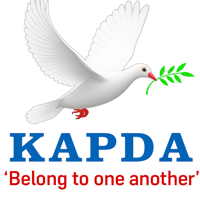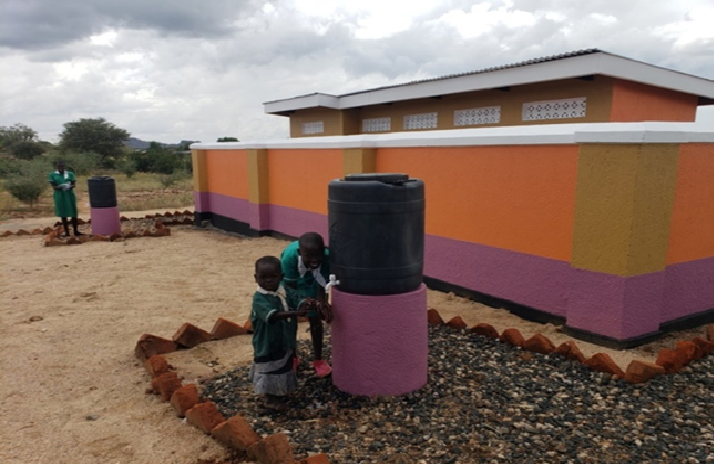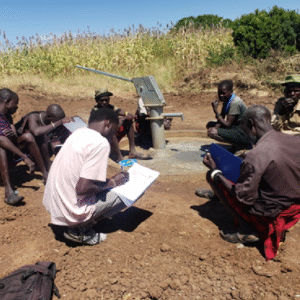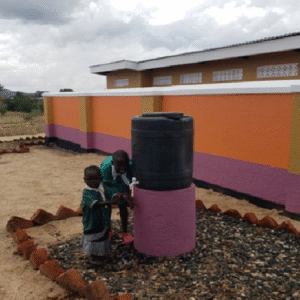SWASH 8: Sustainable Water, Sanitation and Hygiene Project
KAPDA, in partnership with GOAL, implemented the
Sustainable Water, Sanitation and Hygiene (SWASH 8) Project
over a period of 2.5 years in 11 sub-counties of Kaabong District: Kaabong East, Kathile, Timu, Kamion, Lodiko, Lolelia, Kaabong West, Kakamar, Lobongia, Morungole, and Loyoro.
The project aimed to increase access to safe water, improve sanitation coverage, and promote sustainable hygiene practices among households, schools, and communities across the district.
Key Achievements
Water Component
-
Drilled 42 new boreholes and rehabilitated 62 existing ones across the 11 sub-counties.
-
Constructed 1 piped water system in Kakamar.
-
Trained 520 Water Source Committee members (352 men and 168 women) to manage and sustain water facilities.
-
Secured 19 land agreements for community boreholes.
Sanitation Component
-
Triggered 150 villages under the Community-Led Total Sanitation (CLTS) approach, reaching 42,810 people.
-
128 villages verified and declared Open Defecation Free (ODF), covering 8,897 households.
-
Trained 550 Sanitation Committee members (413 men and 137 women).
-
Constructed and handed over 8 institutional latrine blocks to 4 schools, benefiting hundreds of pupils.
-
Facilitated community conversations and Participatory Community Analysis (PCA) in 12 villages.
-
Linked 4 WASH service providers to communities to strengthen access to sanitation products.
-
Conducted radio talk shows, jingles, and IEC sessions to raise community awareness.
Hygiene Component
-
Trained 20 Trainers of Trainers (TOTs) in CHAST/MHM, leading to the formation of health clubs in schools.
-
Built 8 latrine blocks in 4 schools (Lokwakaramoe P/S, Lokerui P/S, Lokanayona P/S, and Toroi P/S).
-
Promoted hygiene in schools and communities through peer-led health clubs and ongoing sensitization activities.
Lessons Learned
-
Strong engagement with political, technical, and community leaders created an enabling environment for project success.
-
Public-Private Partnerships improved access to sanitation products and services.
-
Regular WASH coordination meetings enhanced collaboration and synergy among partners.
-
National and global events amplified advocacy for safe hygiene practices.
-
Exchange visits and joint monitoring promoted accountability, transparency, and peer learning.




